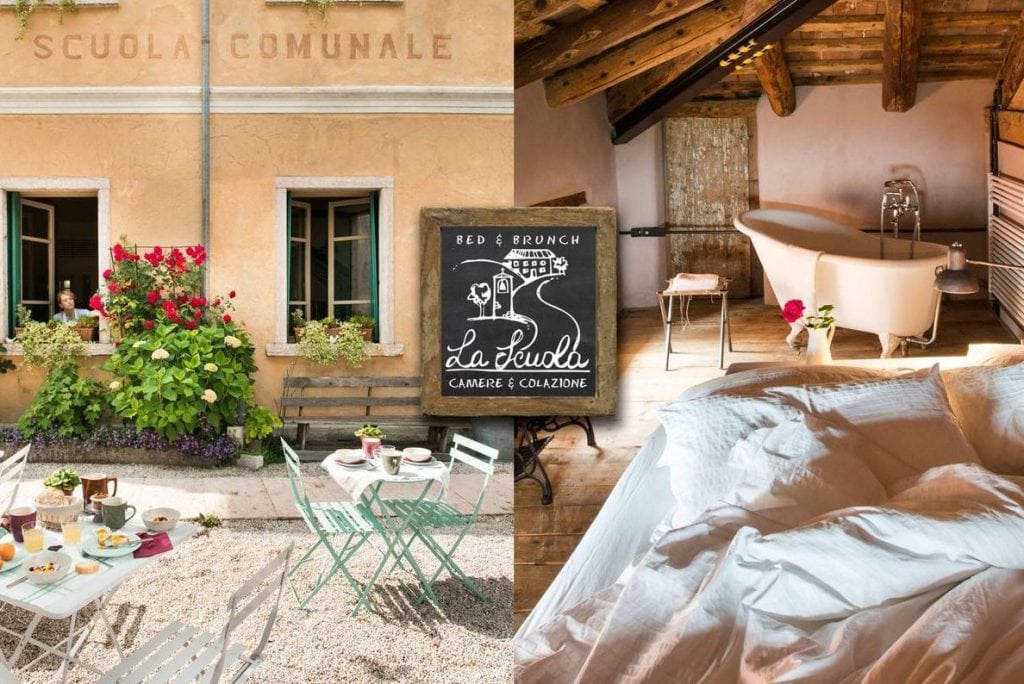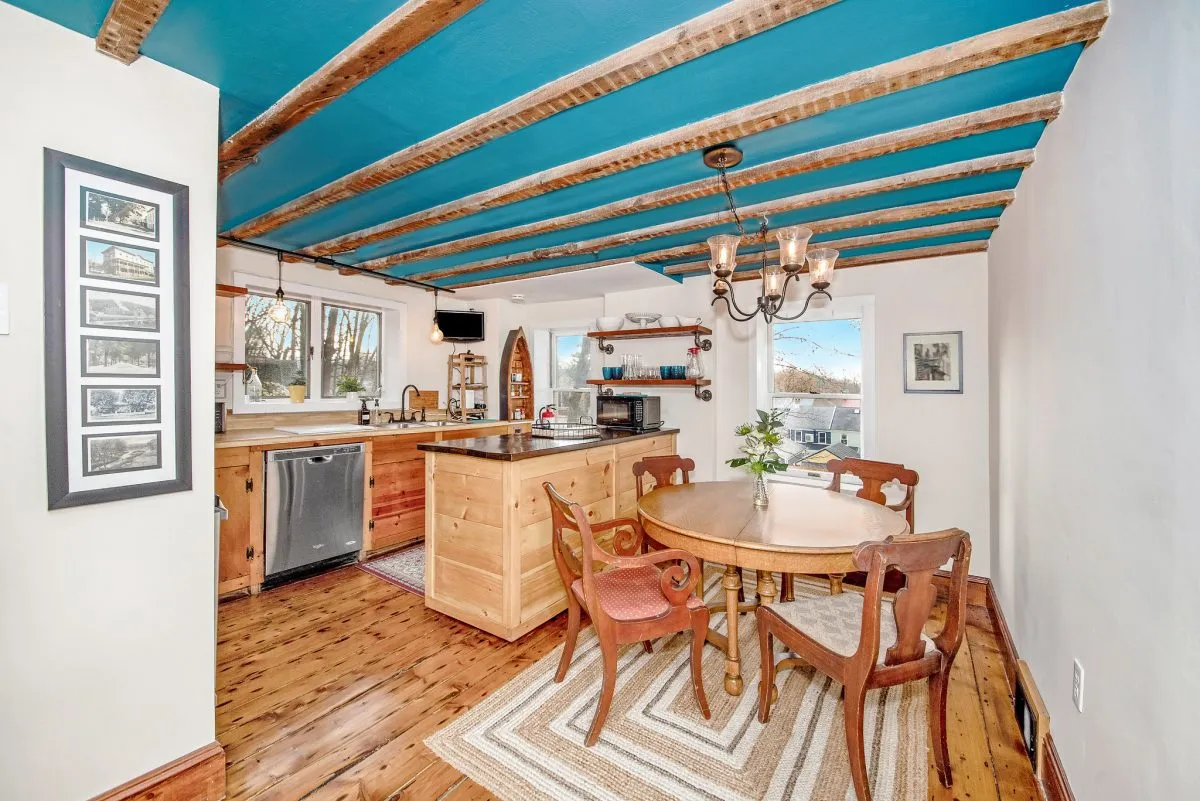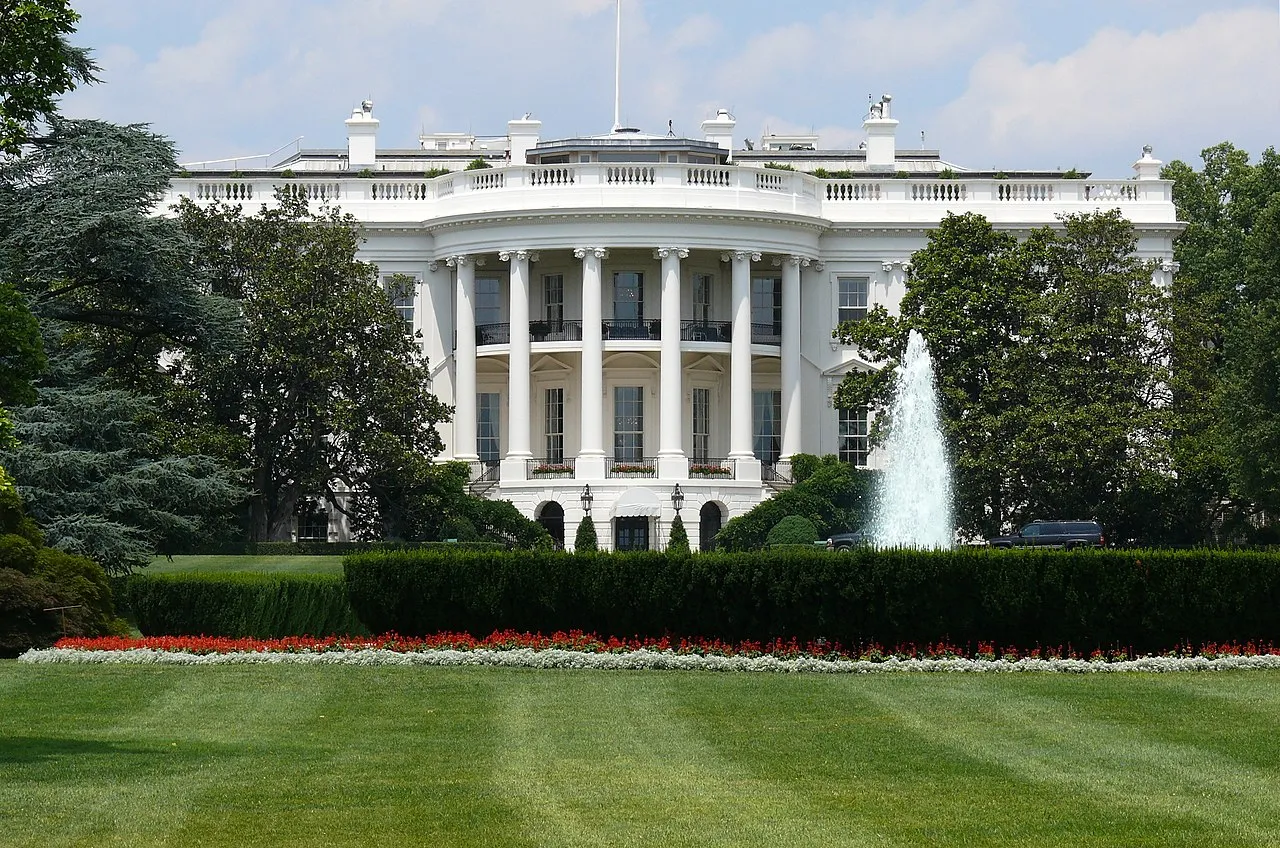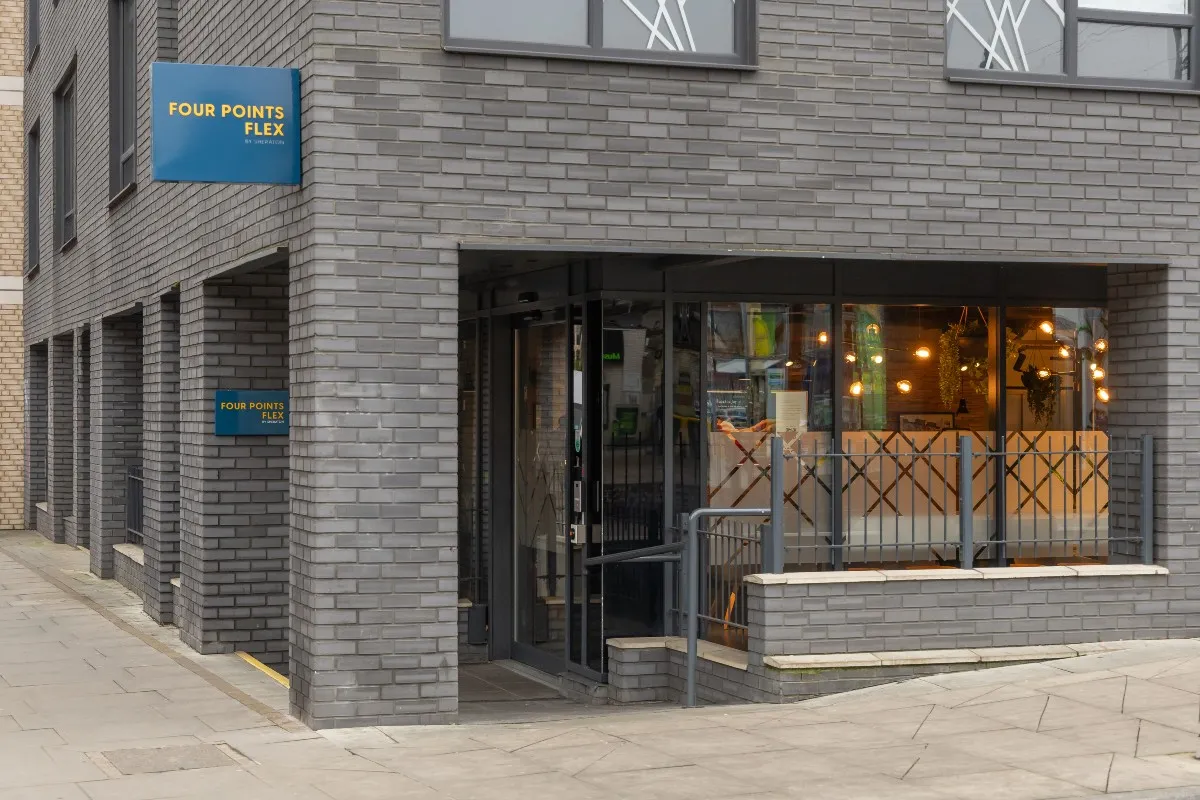Airbnb Makes Its Battle Against Booking and Expedia Official With New Hotel Campaign

Skift Take
Airbnb has been trying to add more hotels and bed-and-breakfasts onto its platform for some time, but now the company made its entreaties to those hospitality providers all the more public and transparent.
In an open letter penned Tuesday to "boutique hotel and bed-and-breakfast owners," Airbnb said, essentially: We want you to advertise your rooms on our platform and, not only that, but we think we're better for you than the big online travel agencies like Booking and Expedia. The letter is accompanied by a larger trade-centric advertising campaign aimed directly at hoteliers.
Airbnb's main selling points to hotel owners included the following:
- Airbnb has the guests you're looking for: millennials and international travelers. The company cited statistics that show that the number of non-U.S.-based travelers using Airbnb in 2017 grew 30 percent year over year.
- Airbnb has the tools you need and is adding more: The company noted that its upcoming home categories (vacation home, unique space, b&b, and boutique) that will enable hosts to better classify their accommodations so it's easier for Airbnb users to find the right type of accommodation they're seeking. It also hinted at the upcoming Superguest loyalty program, which is slated to launch this summer.
- Airbnb has lower fees than the online travel agencies charge for independent, non-branded hotels: Airbnb's commission structure involves charging hosts (in this case, hotels) a commission fee of 3 to 5 percent and then charging from 5 to 15 percent in fees to the Airbnb guest, per booking. Online travel agencies such as Booking and Expedia often charge independent hotels commission fees that can be as high as 25 to 30 percent per booking.
- Airbnb doesn't require hoteliers to sign contracts, and they don't have to worry about competing with the Marriotts and Hiltons of the world on the Airbnb platform. However, who's to say whether that may change in a few years.
Airbnb also included data from a survey it commissioned from David Binder Research, which interviewed 49 bed-and-breakfast and boutique hotel proprietors, of which 49 percent said they used Airbnb in the last year to advertise their properties. Admittedly, the sample size is relatively small, but it demonstrated a significant opportunity for Airbnb and other online travel platforms which may want to dislodge the duopoly that Booking and Expedia have had in online travel for many years in the U.S. and Europe.
While the majority of the respondents have used online travel agencies such as Expedia (69 percent), Hotels.com (57 percent), and Booking.com (65 percent) to advertise their rooms within the last year, most were dissatisfied with the commission fees they paid to them. Seventy-five percent said Booking.com's fees were too high, 68 percent said the same of Hotels.com, and 65 percent felt that way about Expedia. Only 23 percent were "very satisfied" with the customer service they received from Expedia, 22 percent from Booking.com, and 14 percent from Hotels.com.
The findings demonstrated that many independent hoteliers are unaware of how their own commission fees stack up to branded hotels from major chains. When shown various hotel categories and after being asked which ones were charged higher fees by third party booking sites, 49 percent said they "don't know," while 39 percent said "smaller properties like boutique hotels or bed and breakfasts are charged higher fees."
When the researchers showed the respondents a report that demonstrated that small boutique hotels generally pay higher commission fees than larger, branded properties, 59 percent of the hoteliers said that they felt "less likely to use third-party booking sites." And when informed of Airbnb's 3 to 5 percent commission fee for hotels, 65 percent of respondents said they were "more likely" to use Airbnb to advertise their rooms.
Nothing covered in the open letter or Airbnb's commissioned survey was necessarily new or eye-opening: Last month, Skift interviewed Cameron Houser, Airbnb's hotels program manager, who outlined the company's strategy for winning over hotels. It's a rather simple strategy for now: undercut Expedia and Booking on commissions, don't require contracts, and try to make it easier for hotels to advertise their inventory.
To date, Airbnb says it has approximately 24,000 hotels on its platform, which is a small percentage, less than 1 percent of its more than 4.5 million global listings. Listings can be individual rooms and entire homes. By comparison, Booking.com has about 400,000 hotels on its platform.
Going forward, however, if Airbnb really does want to compete with the likes of Booking.com and Expedia when it comes to selling hotels — and all manner of accommodations more generally — the company will have to offer far more turnkey solutions like its competitors, Expedia and Booking, already do. The SiteMinder technology partnership announced earlier this year would have to be just the start of many more tech-driven tools that would assist hoteliers who want to use Airbnb as another distribution channel.
Whether or not Airbnb can ultimately succeed in beating out Booking.com and Expedia in the battle for online travel dominance with regard to winning over hotels and retaining its market advantage in short-term and vacation rentals remains to be seen. Booking.com hasn't been shy about its desires to compete with Airbnb in the alternative accommodations market. And then, of course, there's also Google, which may prove to be a competitive threat to all three.
But if one thing is clear, it's this: Hotels now aren't the only travel companies which have to worry about the "Airbnb threat."




